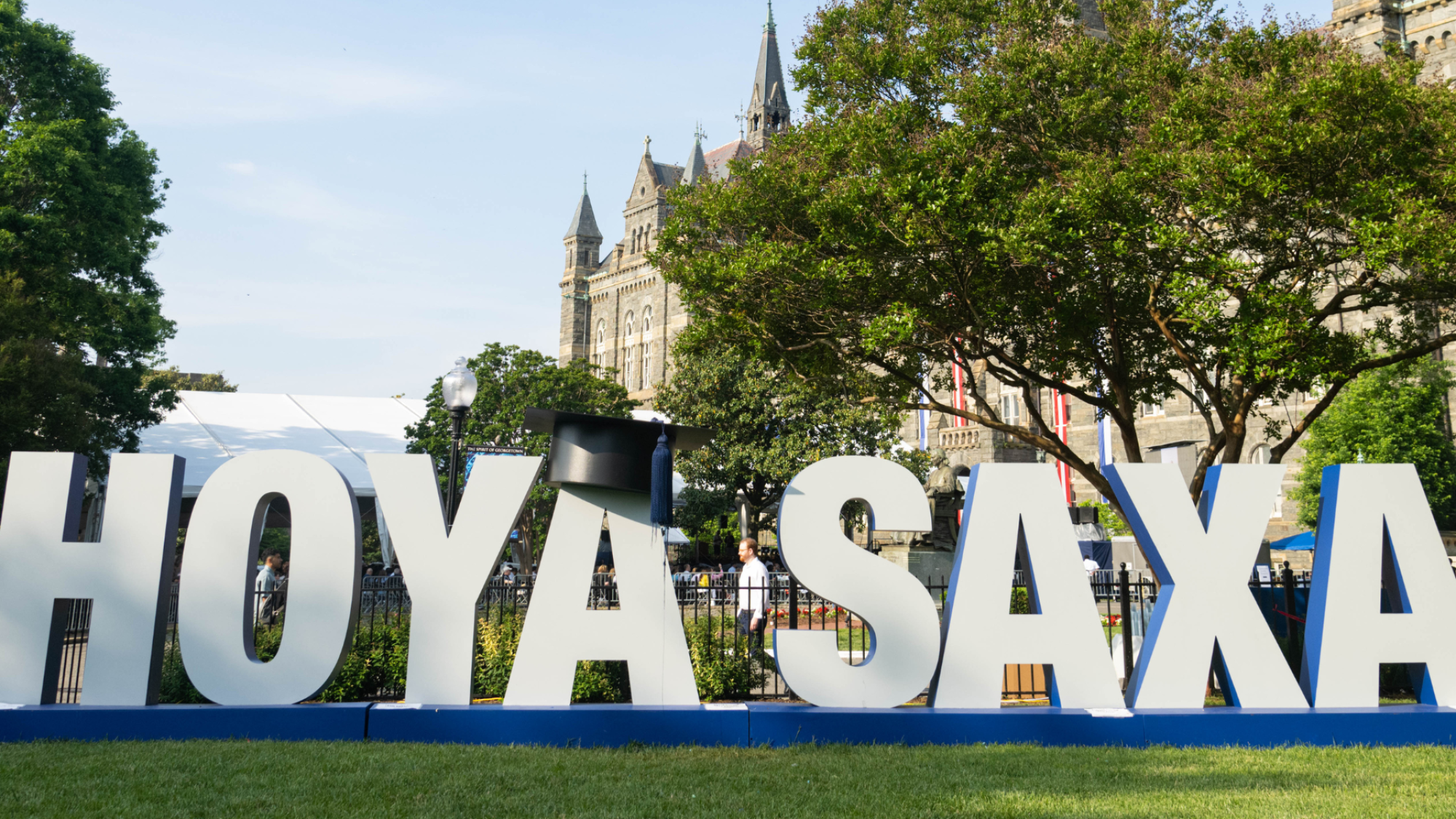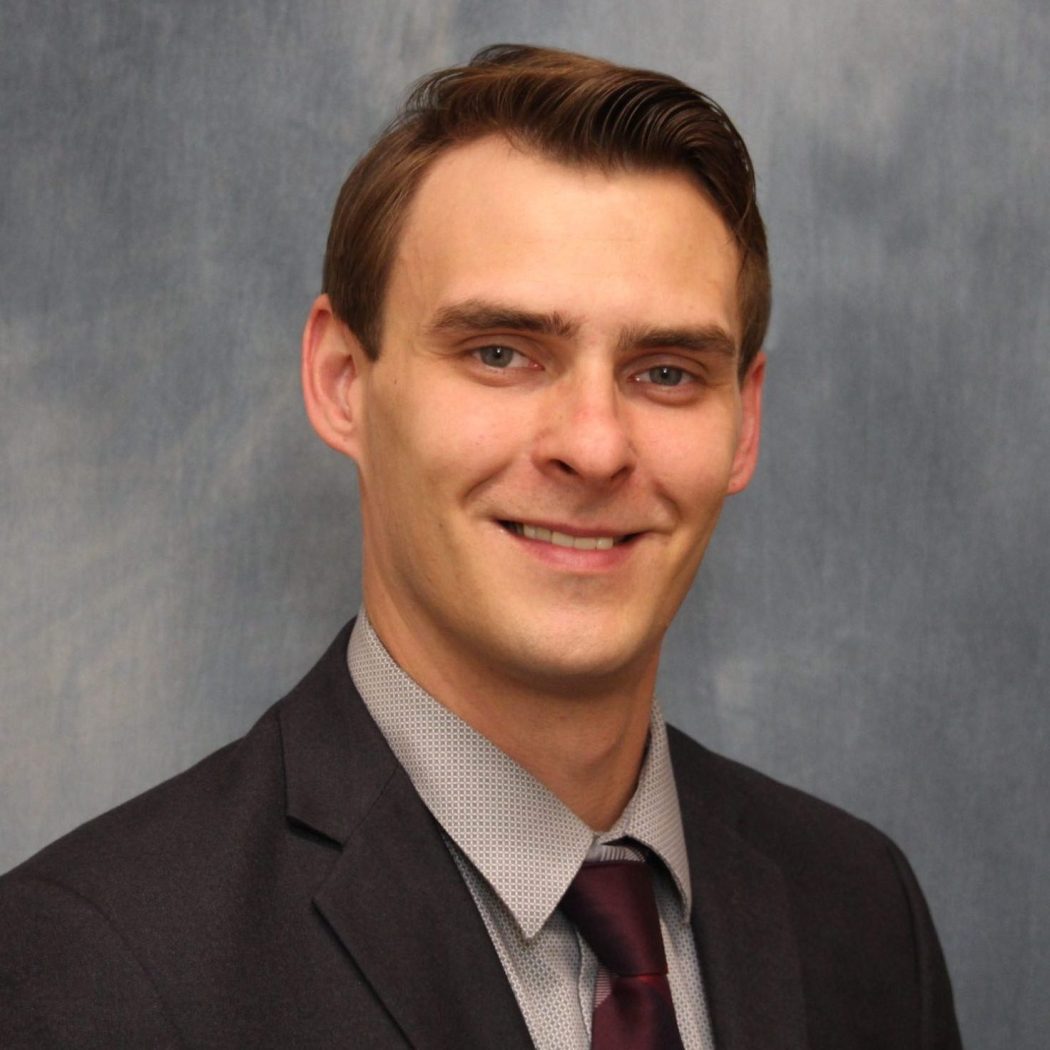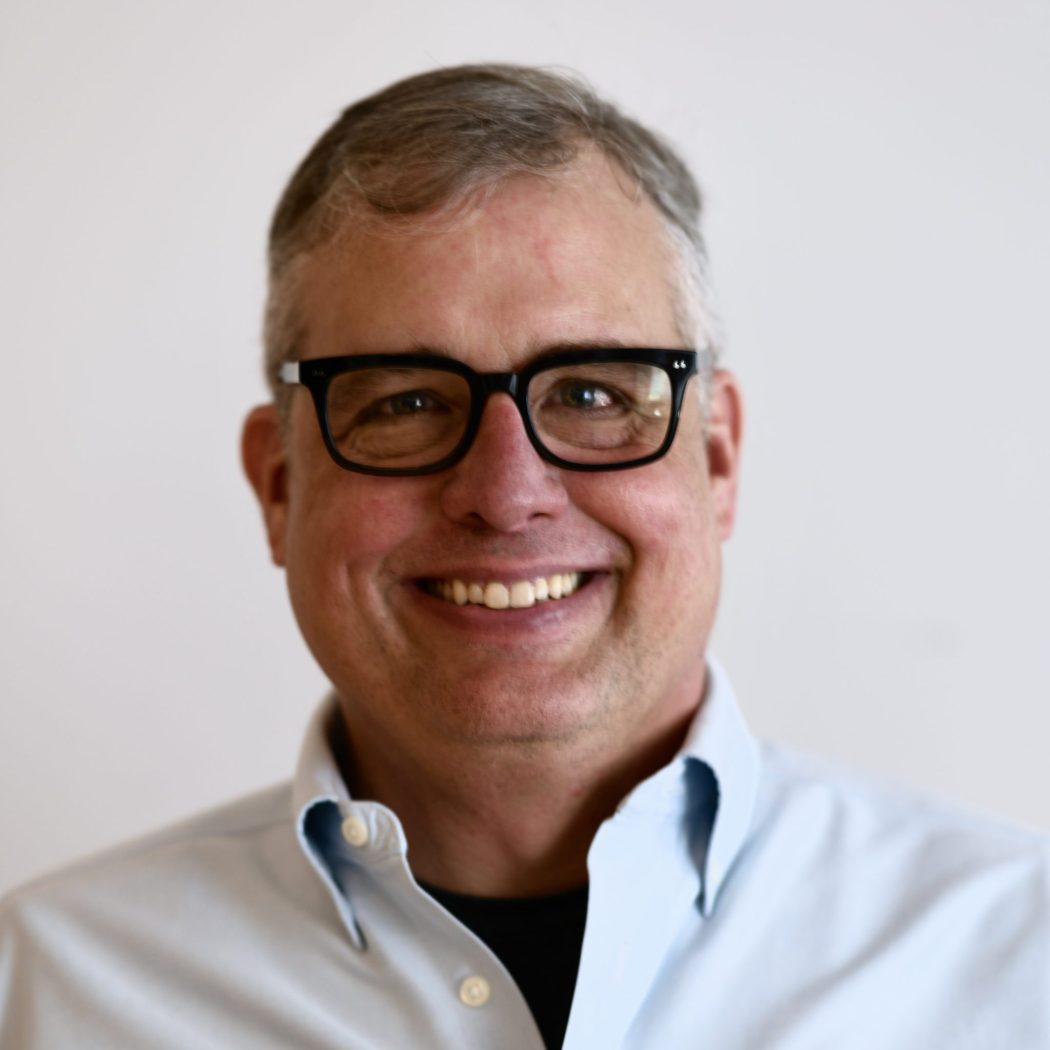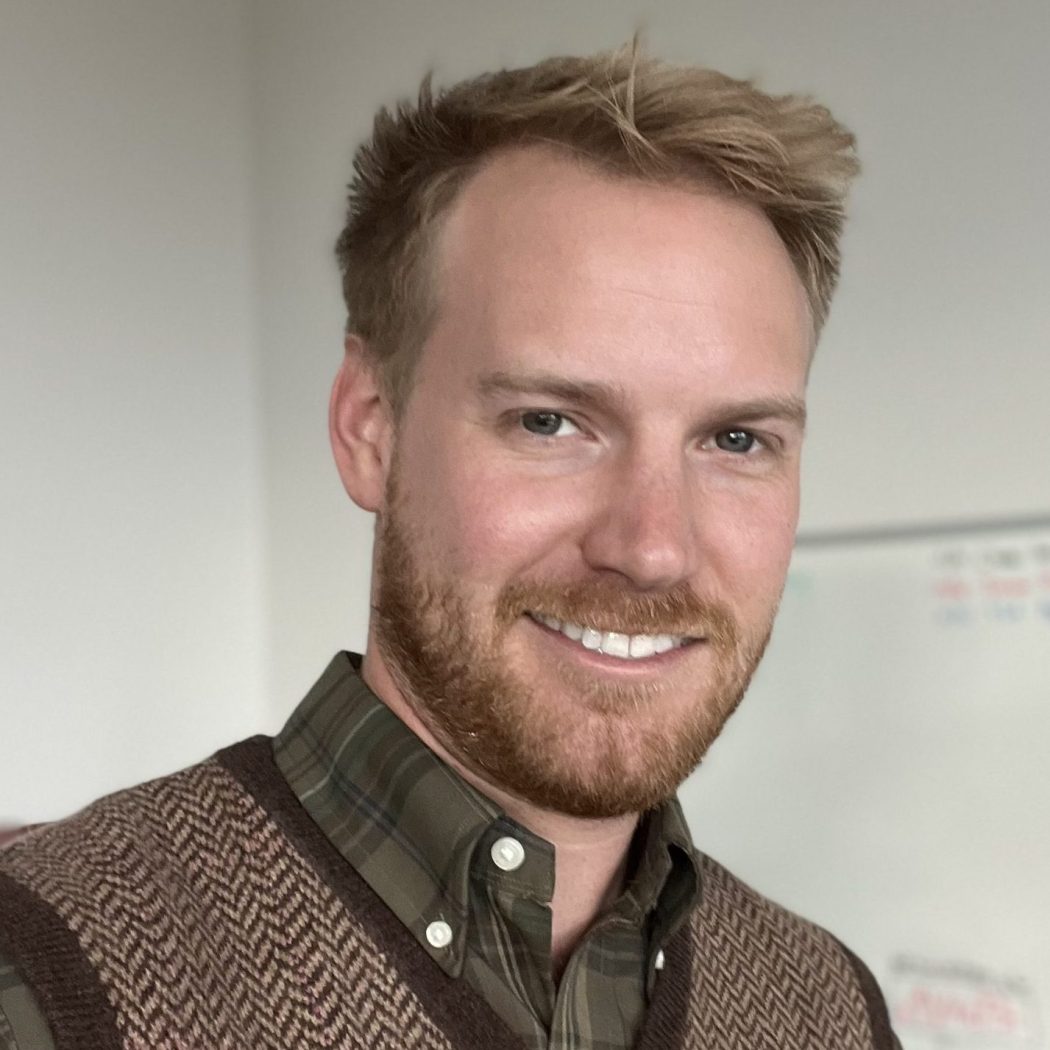With a powerful mission to advocate for a recovery-ready campus and provide peer support for students in recovery, three graduating master’s students in the Addiction Policy and Practice program founded Hoyas for Recovery. In this Q&A, the founders — David Seaman, Spencer Morrissey and J. Chad Jackson — share their inspiring personal stories and the challenges they faced in creating this student group.

Title: From Personal Struggle to Peer Support: Graduate Students in the Addiction Policy & Practice Program Organize New Student Group, Hoyas for Recovery
Q. Can you tell us about the story behind starting Hoyas for Recovery?
A. When we arrived at Georgetown we found great respect for the central Jesuit tenet of cura personalis. It soon became clear, however, that this tenet did not extend to Hoyas in recovery from a substance use disorder (SUD). A college campus can be a hostile environment for students in recovery. As both students with lived experience in recovery and emerging experts in the addiction policy field, we are attuned to the need for students currently or formerly struggling with alcohol and other substance use to access evidence-based peer recovery support and to belong to a community.
We knew there were other students in recovery here at Georgetown, but access to each other for support was not immediately available. Hoyas for Recovery began by addressing the need to find one another — one student at a time — in the hopes that we could centralize peer support at Georgetown so that no Hoya would need to feel alone or ashamed asking for help and could find a shared strength in their choice to prioritize personal well-being.
“No Hoya needs to feel alone or ashamed asking for help and can find a shared strength in their choice to prioritize personal well-being.“
– Hoyas For Recovery
Q. What are some of the challenges that you faced developing this group?
A. One of the greatest struggles we have faced has been balancing our own personal wellness with the organizing and directing of this group. SUD is a chronic condition requiring continuous maintenance. Balancing obligations from school, work, career development and our personal recovery along with organizing this group and delivering supportive programming is too much for any one student to balance. The onus should not be on student volunteers to organize and direct support, even students who are as enthusiastic about recovery as we are. There is more that we would have liked to have done for our group, including outreach to students who may be in need and developing a stronger campus presence, but we simply didn’t have the time or capacity.
Q. What are your hopes for Hoyas for Recovery after you graduate?
A. Earlier this semester, Hoyas for Recovery and GradGov submitted a proposal to the Provost’s Office requesting a dedicated space and a Collegiate Recovery Program director to formalize our efforts. Over 150 other colleges and universities have provided these same institutional services for their students in recovery, and our group’s efforts will have been in vain without the longevity these resources will provide for sustainable and consistent program delivery.
It is our hope that after we graduate, the next iteration of Hoyas for Recovery will be poised to thrive. We hope that more students who are struggling can find us, and that recovery allies become involved and support us in our advocacy for an institutionally supported Collegiate Recovery Program at Georgetown University.
Q. Can you tell us a little bit about yourselves?
David Seaman is the President and co-founder of Hoyas for Recovery. He previously interned with the White House Office of National Drug Control Policy where he conducted research, analysis and writing on the topics of employment for people in recovery, the stigma associated with drug use and its intersection with language, recovery-ready workplaces and the role behavioral economics could play in advancing drug policy. As a judicial intern for the Eastern District Court of Michigan, Seaman educated the court on best practices for measuring outcomes associated with successful rehabilitation. He is headed to the University of Michigan Law School after graduation.
J. Chad Jackson is the Vice President of Alumni Affairs for Hoyas for Recovery. A native of Charleston, SC, he brings a solid record in sales and management to a career in helping people with health issues. Based on his own recovery experience with addiction, Jackson has served as the Executive Director of two different Intensive Outpatient Programs, worked with treatment facilities to get them ready for their Joint Commission certification and most recently co-founded and operates a luxury, living room-style sober living residence on Capitol Hill for women called Ardan Community Living.
Spencer Morrissey is the Vice President of Engagement for Hoyas for Recovery. He has lived experience with addiction and is in recovery today. Outside of Georgetown, Morrissey is a lifeline crisis counselor at the Trevor Project, a non-profit organization working to prevent suicide in LGBTQ youth. After graduation, he plans to work in advocacy around bringing inclusion, equity and accessibility to harm reduction services, substance use disorder treatment and overall healthcare for marginalized groups.
Q. How can others get involved?
You can follow Hoyas For Recovery on Instagram at @hoyas_for_recovery and reach out to the group’s leaders at hoyasforrecovery@georgetown.edu.


